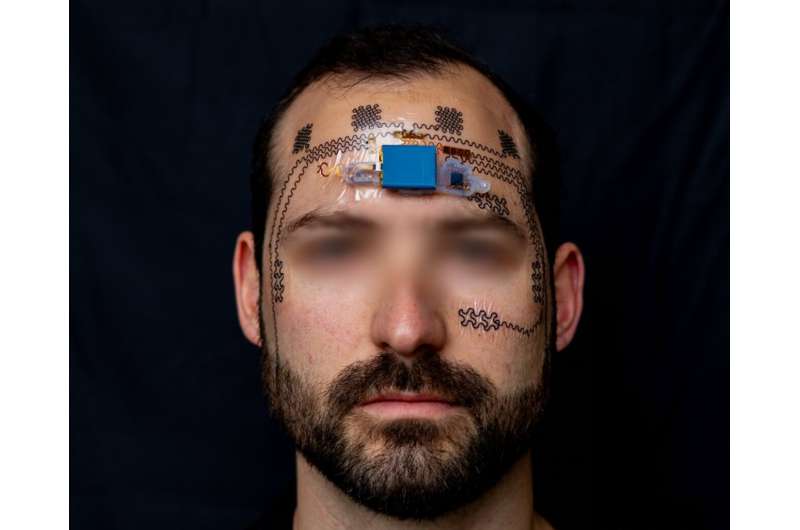This technology may help track the mental workload of workers like air traffic controllers and truck drivers, whose lapses in focus can have serious consequences.
“Technology is developing faster than human evolution. Our brain capacity cannot keep up and can easily get overloaded,” says Nanshu Lu, the study’s author, from the University of Texas at Austin (UT Austin). “There is an optimal mental workload for optimal performance, which differs from person to person.”
Humans perform best in a cognitive Goldilocks zone, neither overwhelmed nor bored. Finding that balance is key to optimal performance. Current mental workload assessment relies on the NASA Task Load Index, a lengthy and subjective survey participants complete after performing tasks.

